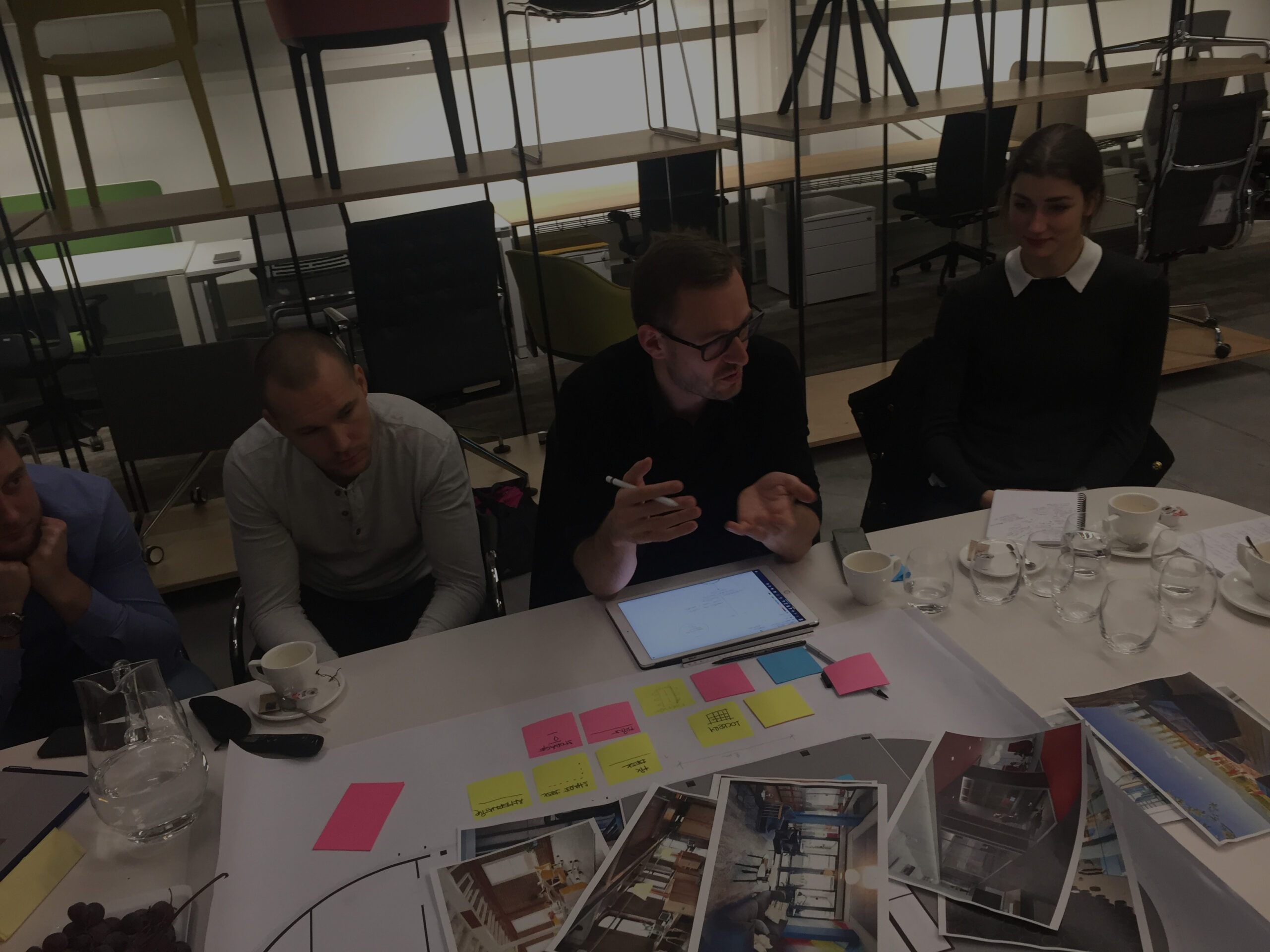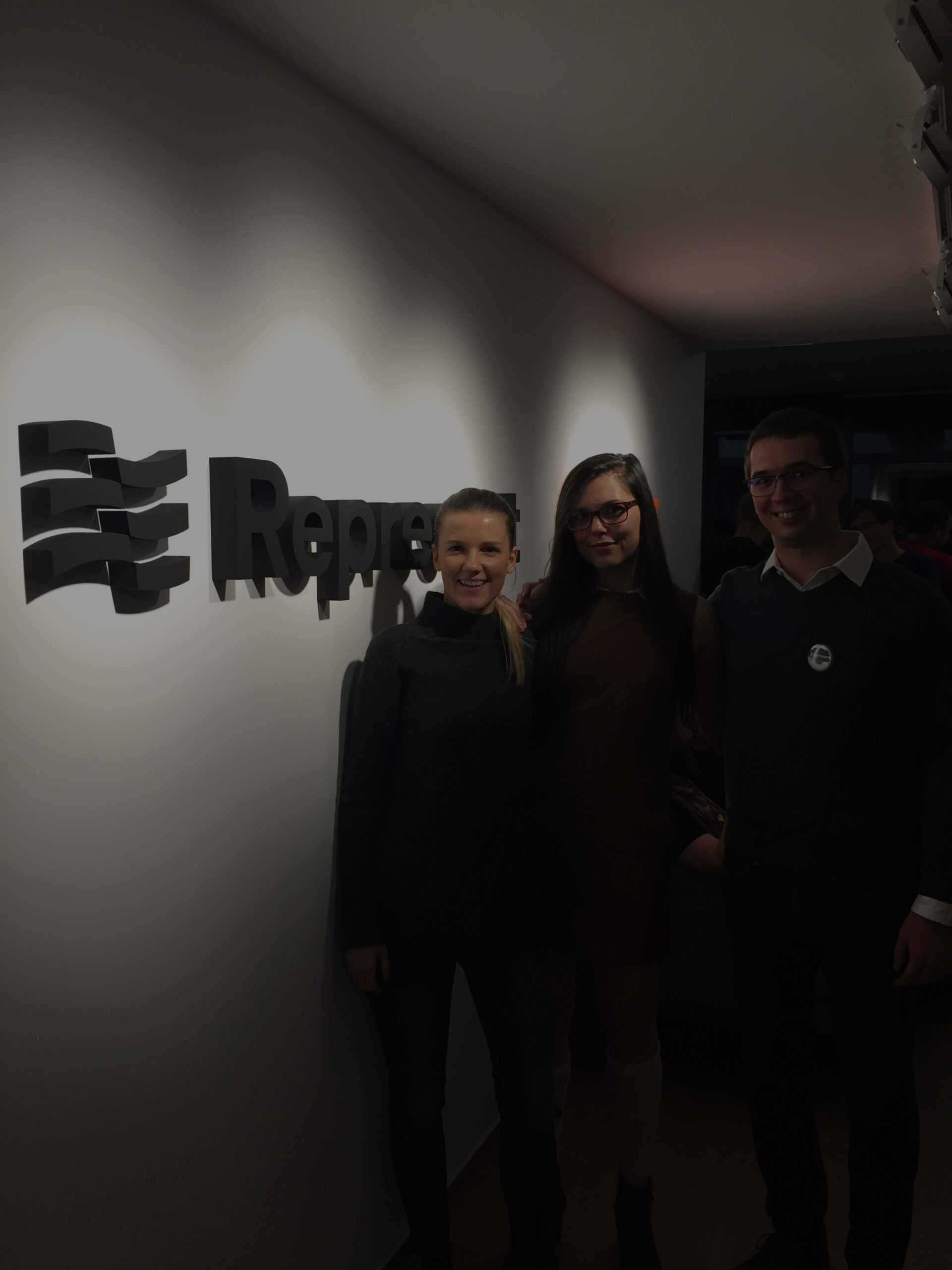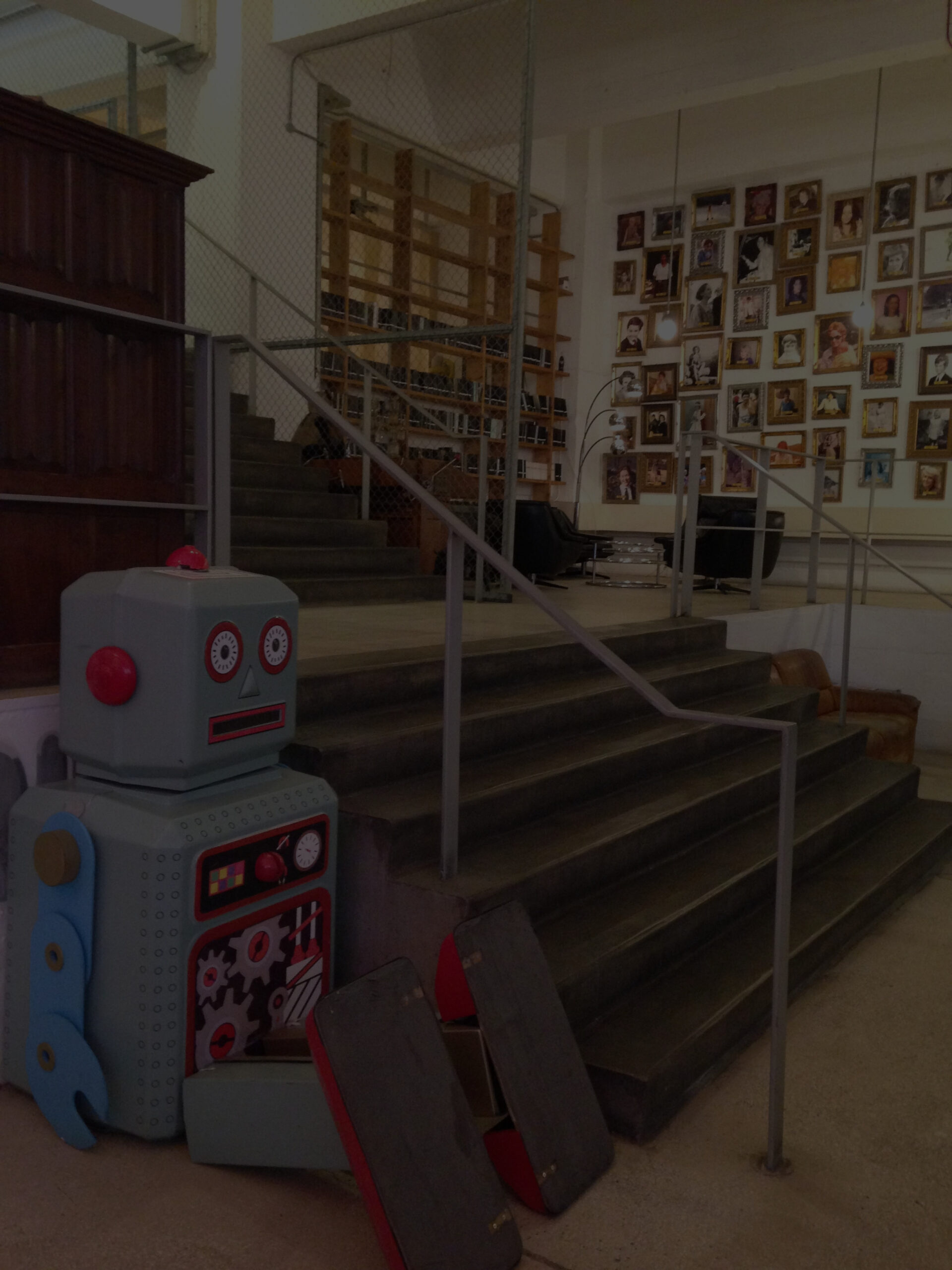Human - Environment Interaction
“The society which scorns excellence in plumbing because plumbing is a humble activity and tolerates shoddiness in philosophy because philosophy is an exalted activity, will have neither good plumbing nor good philosophy. Neither its pipes nor its theories will hold water.”
- John W. Gardner
“The society which scorns excellence in plumbing because plumbing is a humble activity and tolerates shoddiness in philosophy because philosophy is an exalted activity, will have neither good plumbing nor good philosophy. Neither its pipes nor its theories will hold water.”
- John W. Gardner
Culture shapes space and space shapes culture. I was aware of this intuitively in 2010 when I became intrigued by pioneering organizations rethinking social problems and applying design thinking and behavioral science to solve them. At the time I was living and working in San Francisco’s startup-packed neighborhood of SOMA and in Palo Alto where businesses were starting to experiment with a more human centered approach to the office. I decided to validate my assumptions about the causalities between space, culture, innovation and high-performing teams at the London School of Economics and later at Poke, a London based UX design studio. This work has evolved into a research project using grounded theory that has taken me to entrepreneurial ecosystems, innovation hubs and co-working centers in more than 10 countries. I interviewed founders and end-users of businesses that experiment with new work styles. I was interested mainly in individual user experience (productivity & health impacts) and in the systemic engineering of environments with high innovation potential. The assignments that followed evolved around building workplace products using a methodology based on both design and system thinking for investors and developers (workplace product development) and workplace strategy and research projects with business leaders.







